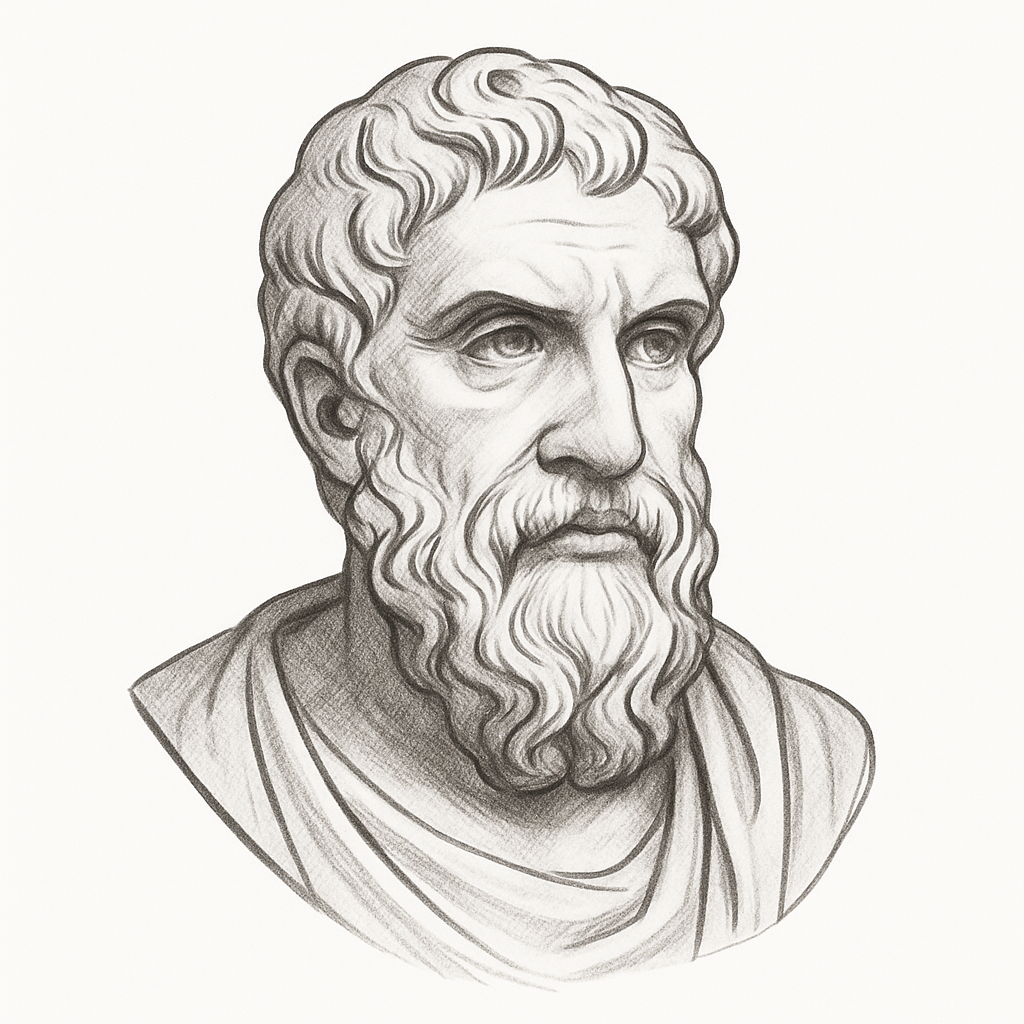Stoicism and Death: Memento Mori and the Stoic Way to Overcome Fear
The Stoic philosophy offers a profound perspective on death, dying, and the fear of mortality, fundamentally framing these concepts within the principle of control. Stoicism teaches that death is an external event, ultimately beyond an individual's control, and thus it is irrational and counterproductive to expend energy fearing it. By understanding and accepting this reality, Stoicism aims to diminish fear and enable individuals to live more fully and virtuously.
The Stoics contend that much of the fear surrounding death stems from a misunderstanding of its nature. Seneca, for instance, encourages diminishing the fear of death by recognizing it as a final event, rather than a continuous state of suffering (Seneca, Moral Letters to Lucilius, Chapter 4). He further suggests reflecting on the state of non-existence before birth, which was not a state of suffering, to reduce the apprehension of post-mortem non-existence (Seneca, Moral Letters to Lucilius, Chapter 54). From this viewpoint, "Death either annihilates us or strips us bare. If we are then released, there remains the better part, after the burden has been withdrawn; if we are annihilated, nothing remains; good and bad are alike removed" (Seneca, Moral Letters to Lucilius, Chapter 24). The acceptance that death is either a release or a cessation of all sensation removes the basis for fearing prolonged suffering. Seneca's counsel is unequivocal: "Despise death. There is no sorrow in the world, when we have escaped from the fear of death" (Seneca, Moral Letters to Lucilius, Chapter 78).
Central to the Stoic acceptance of mortality is the understanding of death as an inevitable and natural law. To fear it is deemed irrational, akin to lamenting one's non-existence before birth (Seneca, Moral Letters to Lucilius, Chapter 77). Life, according to Stoic thought, is granted with the inherent reservation that it will end; "He who does not wish to die cannot have wished to live" (Seneca, Moral Letters to Lucilius, Chapter 30). This perspective integrates death not as an interruption to life, but as an intrinsic component of it. Regular contemplation of death is encouraged as a means to eliminate its fear (Seneca, Moral Letters to Lucilius, Chapter 30), and realizing that death is always near, not a distant threat, further diminishes its power over the individual (Seneca, Moral Letters to Lucilius, Chapter 30).
Furthermore, Stoicism reframes dying as a continuous, lifelong process rather than a sudden, singular event. It is suggested that one is "dying every day," thereby presenting the final moment as the completion of a lifelong journey, rather than an abrupt and terrifying end (Seneca, Moral Letters to Lucilius, Chapter 24). Dying is considered one of life's duties, not a desertion of them, emphasizing that there is no fixed list of accomplishments required to make a life complete (Seneca, Moral Letters to Lucilius, Chapter 77).
The courage to face death is presented as essential for true freedom. Without this courage, an individual remains enslaved by circumstances, other people's opinions, and life itself (Seneca, Moral Letters to Lucilius, Chapter 77). This freedom arises from controlling one's internal response to death, rather than attempting to control death itself. The Stoic approach therefore helps individuals live more fully by shifting focus from the uncontrollable event of death to the controllable choices made within life. Marcus Aurelius encourages individuals to be concerned not with ceasing to live, but with the fear of "never to have begun to live according to nature" (Marcus Aurelius, Meditations, Book 12). This sentiment is echoed by Epictetus, who queries what one would be doing when death surprises them, whether "the husbandman while he is tilling the ground" or "the sailor while he is on his voyage" (Epictetus, The Discourses, Book 3, Chapter 5). Such questions underscore the importance of living actively and purposefully, rather than being "buried alive" by fear (Seneca, Moral Letters to Lucilius, Chapter 122).
In conclusion, Stoicism helps us accept mortality and live more fully by categorizing death as an external event outside of our control, thereby rendering fear of it irrational. Through understanding its nature as a final, non-suffering event, contemplating its inevitability, and perceiving it as a natural process integrated into life, individuals can diminish their fear. This enables a shift from apprehension about an uncontrollable future to a focus on living virtuously and purposefully in the present, leading to a state of true freedom and a more engaged, "natural" existence.
Key Passages
He who does not wish to die cannot have wished to live. For life is granted to us with the reservation that we shall die; to this end our path leads.— Moral Letters to Lucilius by Seneca
Do you think that these men know how to live, if they do not know when to live? Do these men fear death, if they have buried themselves alive?— Moral Letters to Lucilius by Seneca
Death either annihilates us or strips us bare. If we are then released, there remains the better part, after the burden has been withdrawn; if we are annihilated, nothing remains; good and bad are alike removed.— Moral Letters to Lucilius by Seneca
Disclaimer: Article generated using Memento Vivere AI tool, and is grounded solely in the works of Epictetus, Seneca and Marcus Aurelius. For informational purposes only. Not a substitute for professional advice.
